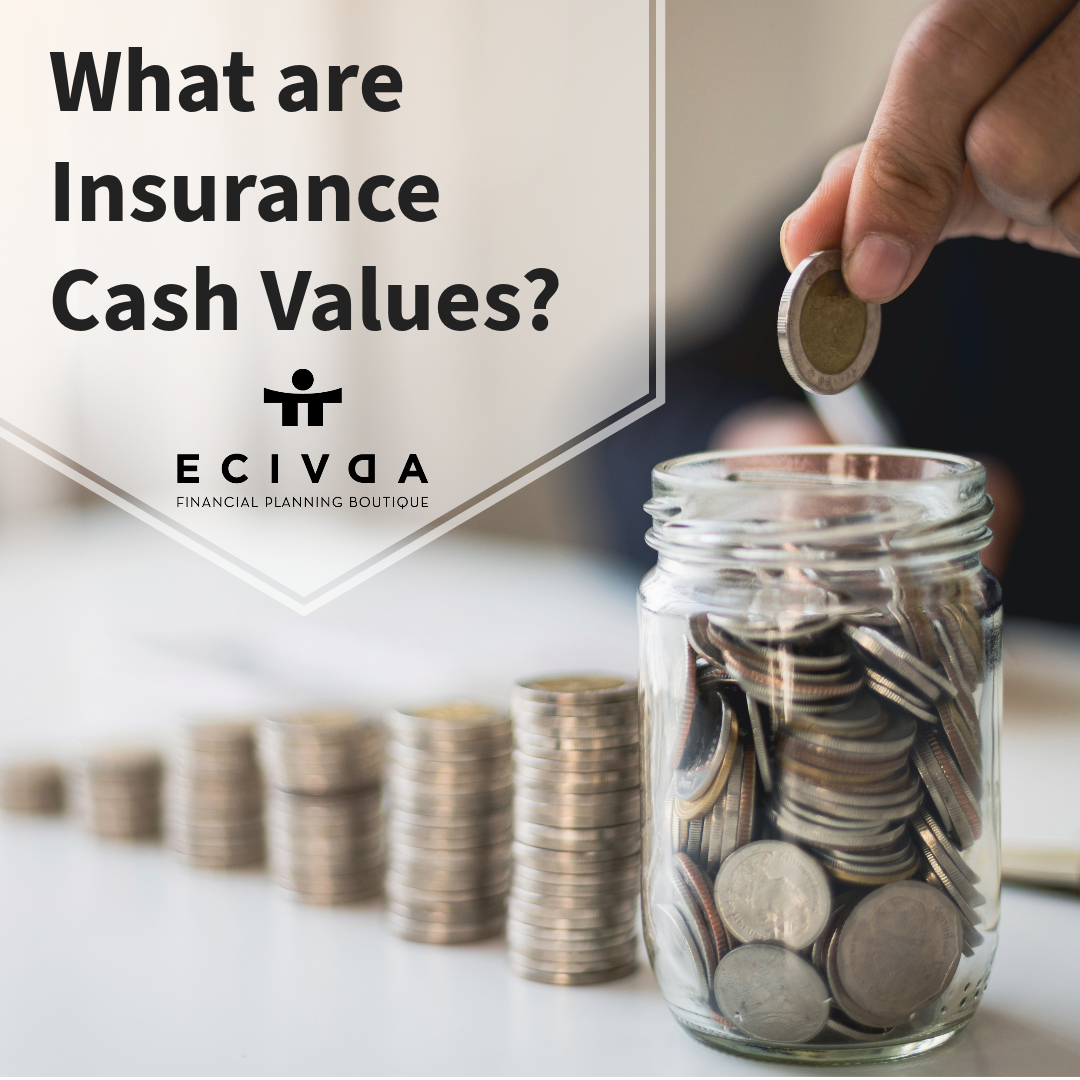What Are Insurance Cash Values?
Cash value is a type of life insurance policy that lasts for the lifetime of the policyholder. This type of life insurance also has a cash value savings component that the policyholder can use for different purposes such as loans or cash to pay policy premiums. Some other distinctive features of a cash value life insurance are that it is known to be more expensive than term life insurance and does not expire after a number of years. To simplify further, the cash value is the sum of money that accumulates in a cash-generating permanent life insurance policy or annuity which is held in your bank account. Your insurance provider allocates some of the money you pay as premiums to investments portfolios such as stocks and bonds and then credits your policy based on the performance of those investments.
How Does Cash Value Work?
Cash value is a type of permanent life insurance that provides insurance cover for the policyholder’s life. Most cash-value life insurance policies require a fixed-level premium payment. A part of it is allocated to the cost of insurance and the remaining is deposited into a cash-value account and invested in different financial investment portfolios. It earns a tax-deferred modest rate of interest. This ensures that the cash value of your life insurance increases steadily over time. The implication of this is that as the cash value increases, the risk of the insurance provider decreases because the accumulated cash value offsets part of the insurance provider’s liability. You can also use the earnings to increase the death benefits in your policy or other living benefits, depending on your preference. Bear in mind that as you make withdrawals from the cash value in your insurance policy, the death benefit will also reduce.
Example
Assume you have a life insurance policy with a $35,000 death benefit with no outstanding loan or prior cash withdrawals. The accumulated cash value of the policy is $10,000. Upon your demise, the insurance provider will pay the full death benefit of $35,000 but the money accumulated into the cash value becomes the property of the insurer. The implication of this is that because of the cash value of $10,000, the real liability cost of the insurance provider is $25,000. This is calculated by subtracting the death benefit from the accumulated cash value ($35,000 – $10,000).
Types of Cash Value Life Insurance
Cash value insurance is usually used to augment your life insurance policy. However, you need to understand how it works for each type of life insurance policy.
Whole Life Insurance
If you have a whole life insurance policy, having a cash value policy will augment your life insurance policy. When you take a cash value insurance policy, your premium stays the same for the rest of your life. A small percentage of your premium is diverted into a savings account to accumulate interest. The rate of interest returns varies depending on the insurance provider, but it is known to hover around 2%. You have access to the funds in the savings account during your lifetime.
Variable Life Insurance
This is slightly different from the whole life insurance policy. With this policy, you can determine how your accumulated cash is invested. You have the opportunity to invest the small portion diverted from your premium into investment portfolios such as bonds and stocks. This requires a good knowledge of the investment market. Variable cash value life insurance has a higher premium than the whole and universal cash value life insurance.
Universal Life Insurance
Under universal life insurance, you have a bit of control over what you pay as your premium. For example, you can pay more than you usually pay for a premium and you can divert the surplus into your savings account. The advantage of this type of policy is that if you cannot meet up with the premium payment in a particular month, you can use the money in your savings account to pay your monthly premium. There are three types of Universal Life Insurance: Guaranteed Universal Life Insurance, Variable Universal Life Insurance, and Indexed Universal Insurance.
Advantages of Cash Value Life Insurance Policy
- You can earn interest on a cash value savings account
- You can overpay on your premium and divert more money into your cash value account
- You can spend from your cash value account while you are alive
- You can earn returns on a cash value investment account
Disadvantages of Cash Value Life Insurance Policy
- Your returns are capped at a certain amount
- If you remove money from your cash-value account, your death benefit decreases
- You have to pay fees associated with your cash-value account
Tax Advantages
There are various tax benefits you and your beneficiaries enjoy with a cash value insurance policy. One of the benefits is that your beneficiaries can receive your death benefits tax-free. This is an advantage your beneficiaries get to enjoy with your cash value life insurance policy. Another tax advantage is that the earnings on your invested accumulated cash value are tax-deferred. Therefore, as your cash value grows, you do not need to worry about the CRA deducting from your earnings. One of the things you can use your accumulated cash value for is collateral for loans. When you borrow money against your policy, you do not have to worry about paying taxes on the loan as long as the policy is still active. However, if you withdraw your accumulated cash value or take the surrender value and terminate the policy, you may be taxed on the portion of the money that came from interest or investment gains on your invested cash value. You should understand the tax rules before making withdrawals from your cash value policy.
Bottom Line
There are other minor considerations and questions you may have when considering this approach. Talk to us about your options.
